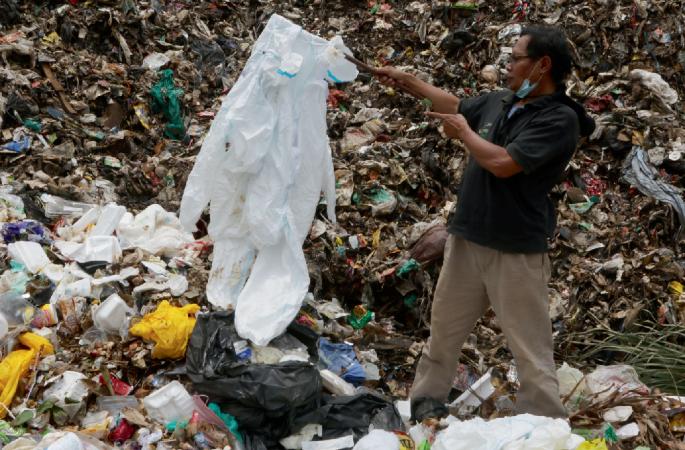COVID-19的浪费
IF 27.1
1区 环境科学与生态学
Q1 ENVIRONMENTAL SCIENCES
引用次数: 0
摘要
在2019冠状病毒病大流行期间,管理医疗废物以及更普遍的固体废物极具挑战性,世界各地的城市对此的反应各不相同。现在,研究人员展示了如何获得可靠的数据,往往决定了一个城市对大流行引发的废物危机的反应。本文章由计算机程序翻译,如有差异,请以英文原文为准。

The waste of COVID-19
Managing medical waste, and more generally solid waste, was extremely challenging during the COVID-19 pandemic, with cities around the world responding quite differently. Now researchers show how having access to reliable data often determined a city’s response to the pandemic-induced waste crisis.
求助全文
通过发布文献求助,成功后即可免费获取论文全文。
去求助
来源期刊

Nature Sustainability
Energy-Renewable Energy, Sustainability and the Environment
CiteScore
41.90
自引率
1.10%
发文量
159
期刊介绍:
Nature Sustainability aims to facilitate cross-disciplinary dialogues and bring together research fields that contribute to understanding how we organize our lives in a finite world and the impacts of our actions.
Nature Sustainability will not only publish fundamental research but also significant investigations into policies and solutions for ensuring human well-being now and in the future.Its ultimate goal is to address the greatest challenges of our time.
 求助内容:
求助内容: 应助结果提醒方式:
应助结果提醒方式:


